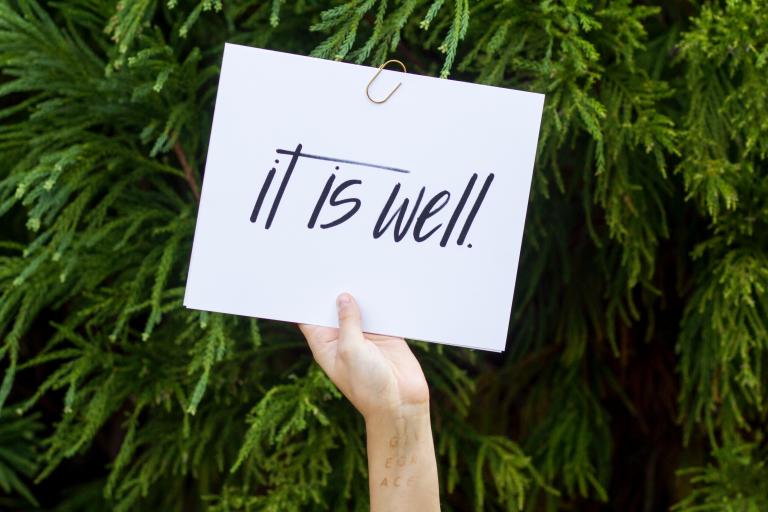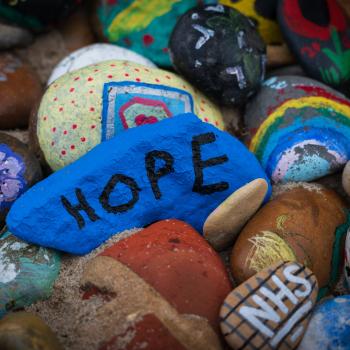“He’s making me so angry!”
“She made me mad yesterday.”
We’ve all used this kind of language. It is the best way to explain why we feel the way we do. It is clean and easy. Someone is at fault. I reacted. They need to change or apologize for justice to be accomplished. It was natural. Justified. Of their doing.
The problem is that this is not entirely true. What people say and do may trigger our anger, but it does not force our hand.
A Question of Ownership
The perspective above is a classic sign of victim mentality. A victim is someone who has no choices. We love to act as if our emotions, thoughts, beliefs, and behaviors are the responsibility of others. That what we feel or do is a natural effect of the behavior of others.
We have shifted the responsibility for our happiness onto others. We see no other way but anger after what they did or what they said. We’ve sacrificed ownership, surrendered our ability to make influential choices.

In truth, no one can make us angry. People and circumstances do things that trigger a reaction in us. But the choice of how to respond belongs to us. Even when anger is a rightly justified response, we need to take ownership of it. The ability to take responsibility for our choices is a sign of good character. And naming our emotions is one of the steps in getting a handle on them.
A Prompt
The circumstance does not make us angry. It does not have that control. The circumstance simply provides a setting. A prompt. The circumstances of life are the arena in which we must make our decisions. The behavior of others are part of those circumstances.
Anger is an emotional response, signaling that a choice needs to be made. But emotions have no business making choices. When an emotion is triggered, it means that a value has been touched upon. It’s not the fault of the person who stepped on our mine. It is our responsibility to know and name our mines and communicate to others the consequences of stepping on one of them. Also, its our choice whether the mines are a dude or a destroyer.
It’s not the person or the circumstance that actually makes us angry. The emotion is an alarm, letting us know our values have been pressed and a choice needs to be made. It is the internal value(s) within us that feels threatened. It is a result of what matters to us, what we’ve experienced, and the purpose we are living toward.
Responding in Truth
We need a true perspective about our anger. We need to acknowledge our emotion and take responsibility for it. Then we can make choices based on values rather than emotions.

One of the challenges of emotions is that they feed on themselves, constantly striving to justify their existence. The key to handling emotions is to be able to set them aside after they have served their purpose. First, feel them honestly. Own them. Second, consider and make a decision about how to respond. If we believe others are the root and responsible parties for the cause of our anger, we cannot do anything to address it. If we acknowledge the truth of our part to play in the presence of anger, we also unlock our ability to influence the reactions that come in its wake.












